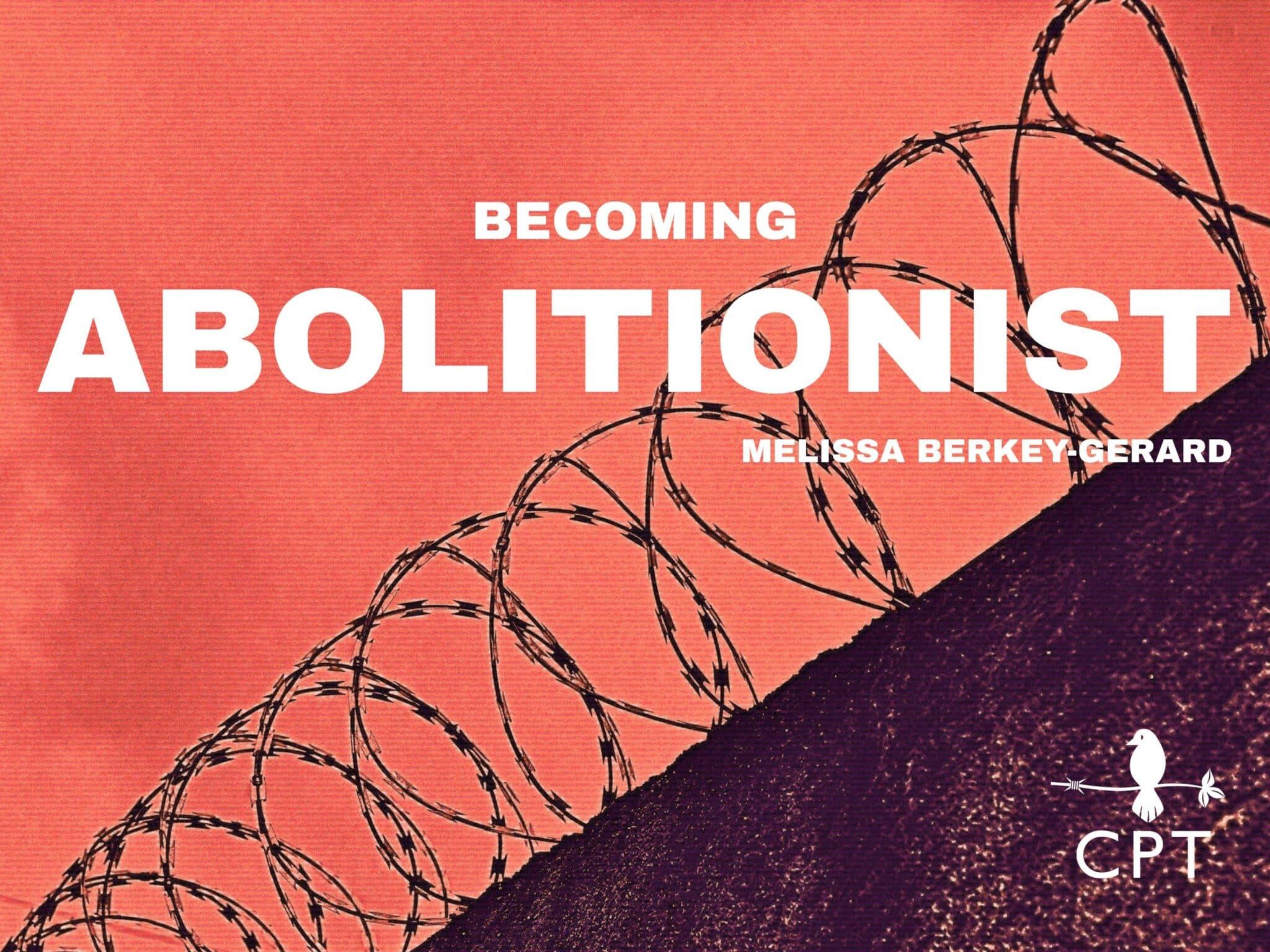In Guatemala, the site of some of Israel’s most abhorrent war crimes outside of Palestine, the reality of Israeli warmongering is well documented. Israel’s instrumentality in the decades-long civil war and state-sponsored genocide of the Indigenous Maya provides critical context for the genocide of Palestinians today.
Current relations between Israel and Guatemala are bound to this bloody history and fueled by the relationship between Zionism and an Evangelicalism informed by two biblical interpretations.
An estimated 200,000 Maya and, to a lesser extent, Ladino (also known as Mestizo) people of mixed Indigenous and European descent, were killed or disappeared during the 36-year Guatemalan civil war that was fought between 1960 and 1996.
However, it was between 1981 and 1983 – especially under the leadership of Efraín Ríos Montt, a Pentecostal Evangelical, and at the height of Israel’s military involvement – that “more than half the massacres and scorched earth operations occurred,” according to the UN-sponsored Report of the Commission for Historical Clarification (CEH).
Established in 1994 to investigate the history of human rights violations and acts of violence throughout the armed conflict, the CEH found that “agents of the state of Guatemala, within the framework of counterinsurgency operations carried out between 1981 and 1983, committed acts of genocide against groups of Mayan people which lived in the four regions analyzed.”
And Israel’s fingerprints were all over Ríos Montt’s atrocities.
In the wake of his coup d’état on 23 March 1982, Ríos Montt told an ABC reporter that it had succeeded “because many of our soldiers were trained by the Israelis.”
In 1983, his chief of staff General Héctor López Fuentes also confirmed that, “Israel is our principal supplier of arms and the number one friend of Guatemala in the world.”

